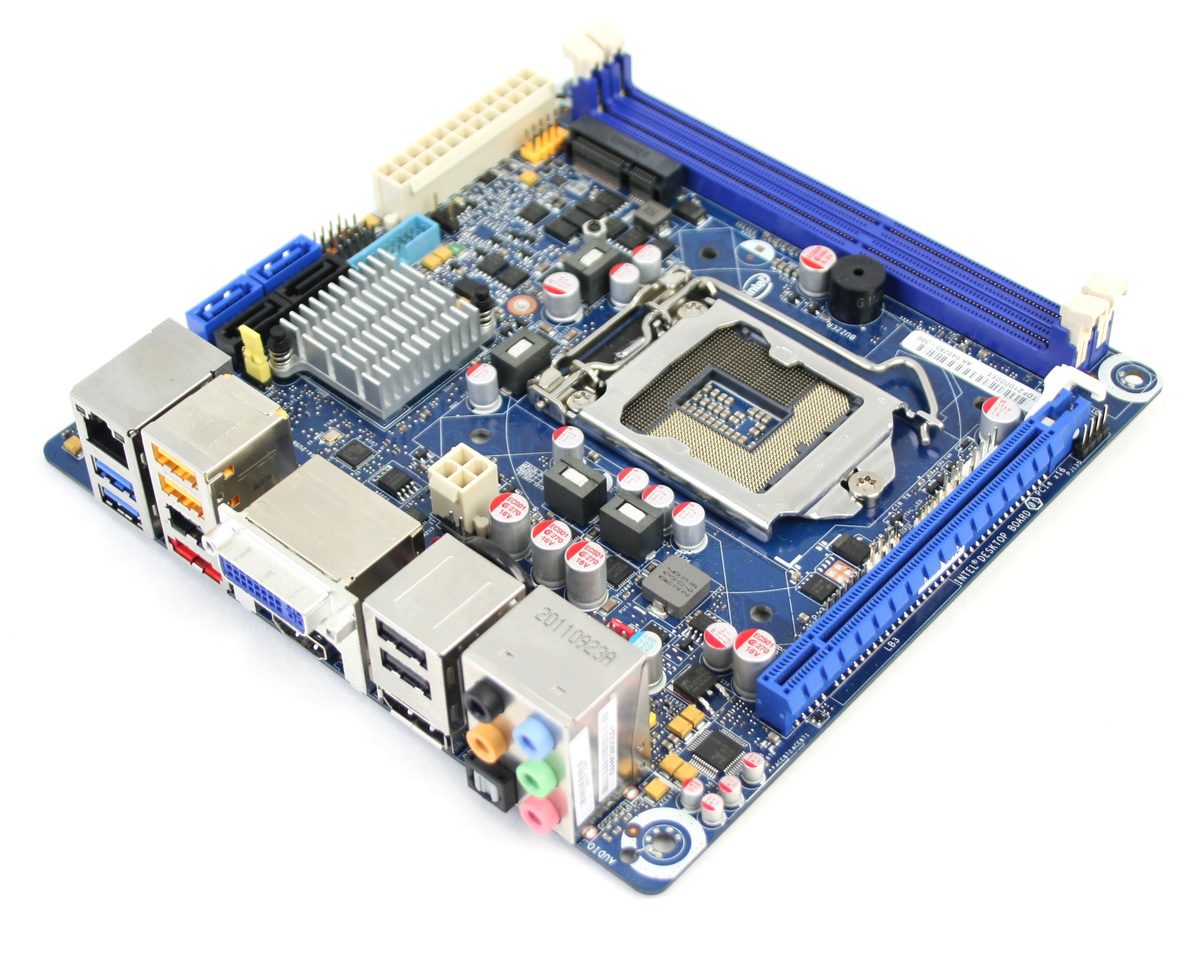Welcome to the first in a short series of blog posts we will be doing here at Puget Systems. The theme of this series is our favorite games, and it will include posts about current and upcoming games which our employees are excited about. Hopefully our readers can learn about new games through these posts, and get a feel for the sort of system specs that run them well. First up: World of Tanks!

How it Works: Intel SSD Caching
SSD caching is not new, but is something we have not inspected closely since its introduction with the Z68 chipset. In this article, we will be answering the questions: What is SSD caching? How do you set up and configure SSD caching? And what kind of performance improvements you should expect by using it.
Which antivirus is best, how can I protect my PC?
Antivirus software quality is a controversial subject – if I were to ask 10 different PC technicians which antivirus program to use, I wouldn’t be surprised to get 10 different answers. One factor is that the options are changing so quickly – if you don’t look at all the alternatives often, it can be easy to lose track of which products are most competitive. Additionally, there are many subjective considerations that people may weigh differently – just a few of the questions that might be important for a given user are: How many current viruses does the software detect? How much will it slow down my system? How much does it cost? Is it going to annoy me with irrelevant pop-ups, or will it keep out of my way? How well does it guess about new virus threats that aren’t documented in it’s virus definitions database?
Windows 8 Upgrade Offer
The next generation of Windows operating systems is nearly upon us, and lots of folks are downloading the recent Windows 8 Release Preview. The months leading up to a new OS are always a bit tricky for Microsoft: they have to release info publicly to build excitment, satisfy investors, and garner media attention – but at the same time that can lead to customers putting computer purchases on hold until the new software is available. If a substantial portion of the consumer base does that it would lead to poor revenue not only for Microsoft but also the companies building and selling computers.

Traverse Pro M550i: Component Replacement
This video shows you how to replace the various components found in the Puget Systems Traverse Pro M550i laptop. On your Puget Systems invoice, If you look at the motherboard line item, this laptop will have the model number M550i. On the back of the unit, you will have the Clevo model number P150EM.
Crashplan: A Full-Featured Online Backup Solution
Last month I wrote an article about why Dropbox is one of my favorite products. Not only does it sync files across all my PCs and mobile devices, but it does so with an elegant presentation and little user intervention. Basically, it just works.
This month I’d like to share another product I’ve been using for several years. Although Dropbox easily syncs files across all my devices, I have a much larger set of files ranging from financial documents to music and videos. This group of files I need to backup, but don’t need to access as often or from all my devices.

Introducing the New Puget Traverse Laptops
With the recent launch of Intel’s new Ivy Bridge line of CPUs, Puget Systems has completely revamped our laptop product line to take advantage of the new improvements in technology. In this article, we will be going over the features found on this units as well as battery life estimates and thermal performance measurements.

Product Review: Intel DH77DF
With the launch of the new 7-series chipsets, we spent the last few weeks looking at numerous Mini-ITX motherboards in order to update our Echo line of systems. There are many boards available from various manufactures, but the motherboard that immediately caught our attention was the Intel DH77DF.

Product Review: Intel S2600COE
The Intel S2600COE is a part of the recently launched Romley platform and is intended exclusively for use in server systems. This motherboard includes onboard video and four integrated Intel Gigabit LAN ports, but is very limited in the number of USB ports available. Because of the strong server focus of this board, however, there are many desktop features (namely S3 sleep and fan throttling) that are not supported.

Technology Primer: Intel Ivy Bridge
Intel’s new 22nm CPUs – codenamed Ivy Bridge – has finally launched. When combined with one of the recently released 7-series chipsets, this new CPU/Chipset combination provides support for PCIe 3.0 and USB 3.0 as well as allowing RAM up to speeds of 1600MHz to be used natively. The onboard graphics has also received a nice upgrade allowing for the use of onboard graphics in a much wider variety of applications.




